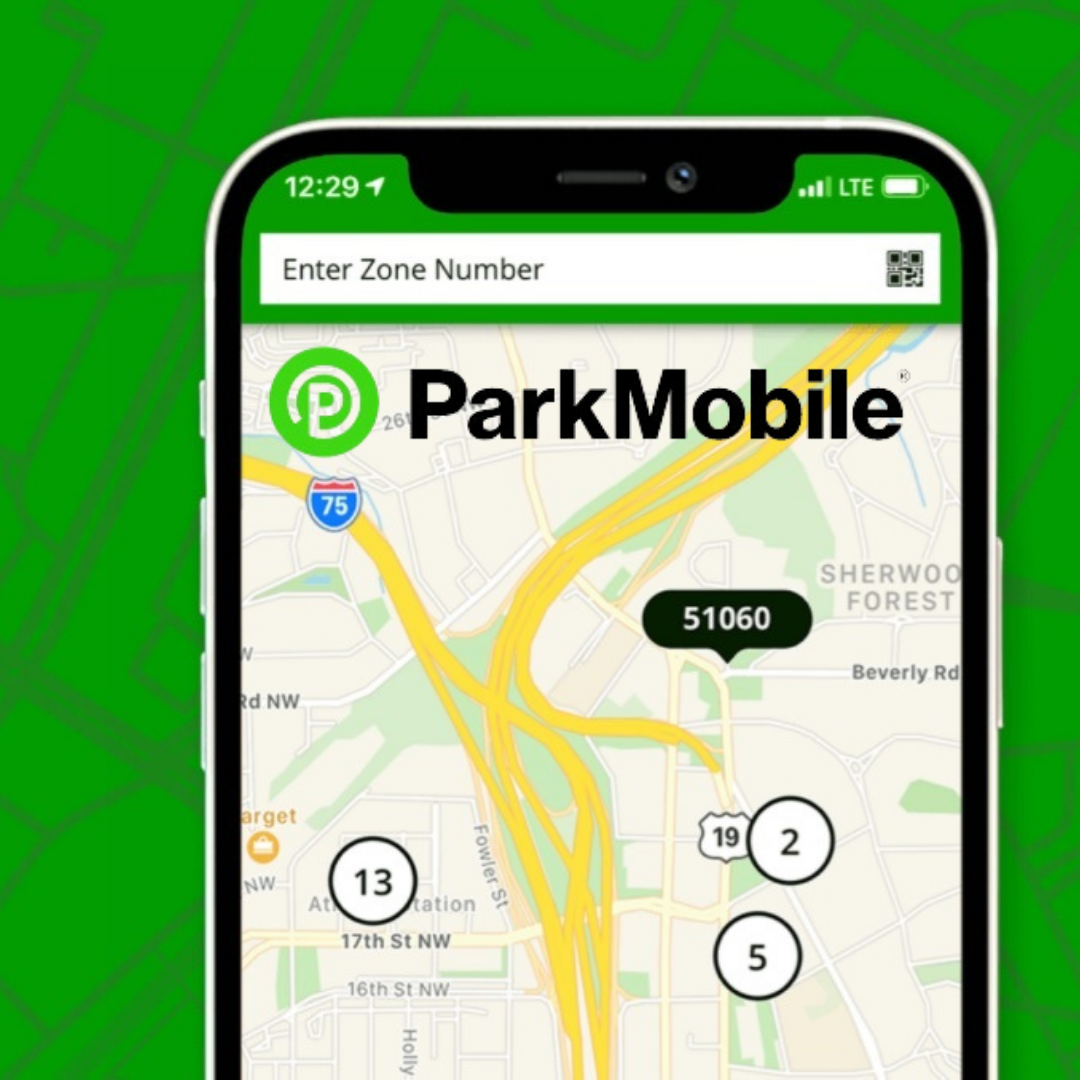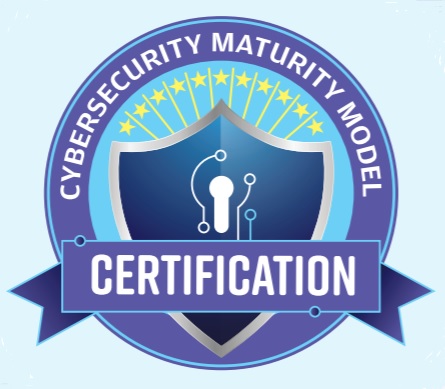Here's a cool productivity hack for your Mac. If you have a relatively new Mac and iPad, did you know you can use your iPad as a second display for your Mac using "Sidecar"?
Read MoreTechnology Advisor Blog
Ann Westerheim
Recent Posts
Did you know? How to use your iPad as a second display for your Mac
Posted by Ann Westerheim on 4/26/21 1:01 PM
Tags: work from home
It's Tax Season (with an extra month extension for COVID) which means its also the season for tax scams.
Read MoreTags: phishing, cybersecurity, ransomware
ParkMobile Data Breach Exposes Information on 21 Million Users
Posted by Ann Westerheim on 4/14/21 5:21 PM
If you're a user of ParkMobile, the popular parking app, your credentials were just leaked on line after a breach. KrebsonSecurity reported this week that someone is selling account information for 21 million customers of Park Mobile. The stolen customer data includes email addresses, dates of birth, phone numbers license plate number, hashed passwords, and mailing addresses.
Read MoreTags: breach,, cybersecurity
The FBI's Internet Crime Complaint Center (IC3) has just released its annual report. Over 700,000 complaints were filed - an increase of more than 300,000 from the previous year - and reported losses exceeded $4.2B.
Read MoreTags: small business, phishing, cybersecurity, ransomware
Here's a re-cap of our recent community cybersecurity training event. Cybersecurity these days is like a game of chess. For every move, there's a counter move. As people put more technology protection in place, the cyber criminals just get more clever. User awareness is often the key to staying safe! Will your employee click on that dangerous link? It takes just one wrong click to do a lot of damage. The more you and your team know about the latest threats, the better. We were pleased to host close to 100 local small business leaders from Westford, Acton, Littleton, Chelmsford, Concord, Waltham, Southborough, Northborough, and Wellesley during our recent small business cybersecurity awareness training session. Education is a key part of Ekaru's mission, and here are a few highlights from the event.
Read MoreTags: cybersecurity, cybersecurity training
An important part of staying secure on line is keeping your technology up to date. If you're running old technology, you're not benefitting from the latest security protections. In January of 2020, Microsoft ended support for Windows 7. This led to a massive worldwide effort to get systems upgraded to Windows 10. However, a recent report on The Verge indicates up to 100 million PCs are still running Windows 7. Ouch! If you made the move to Windows 10, kudos for you, but have you kept the rest of your technology up to date?
Read MoreTags: small business, cybersecurity
It's hard to believe we're approaching the one year anniversary of COVID pandemic related shut-downs. Thanks to technology like laptops, Zoom, high speed Internet, VoIP phones, and more, the scramble to work remotely was possible for many. With all the associated distractions, cybersecurity often winds up being an afterthought for many. As a technology service provider in the greater Boston area, we've worked with many local small businesses to enable a smooth transition to remote work, and we strongly encourage a continuing culture of cybersecurity to keep your business safe.
Read MoreTags: small business, small business technology, cybersecurity, work from home
The Florida Water System Hack and What it Means for Local Towns in Massachusetts
Posted by Ann Westerheim on 2/15/21 1:49 PM
Tags: cybersecurity
Changes are ahead for businesses of all sizes in the Defense Industrial Base (DIB) sector and the supply chain of the Department of Defense (DoD) with new cybersecurity certification requirements on the way.
Read MoreNew normal. Our new reality. These are the various ways that we describe everyday life in the time of a global pandemic. It means a lot of change, in a lot of ways, for a lot of people. While parenting is definitely more challenging when it comes to managing to homeschool and work from home at the same time, spending so much time on the computer can lead to cyber burnout. Helping the children with schoolwork, jumping on the fifth zoom call of the day, and then trying to stay connected with friends and family on the computer can just be too much. As an IT Managed service provider helping small businesses in the Boston area, we have a big mission to help everyone get their technology to work, and at times we're also feeling a bit stretched thin.
This is a time that we're all depending on technology to "just work". At Ekaru, our jobs already had plenty of “I need help RIGHT NOW” moments that require us to solve problems fast. Careers were depending on emails getting out, networks being up, and employees knowing how to use software and hardware effectively and safely. An ongoing cybersecurity program? It is a priority, but not often one that was at the top of the list – until a breach occurred. Then we're jumping and fixing and panicking right alongside our client. And how did the breach occur? Most likely through human error. The FBI is reporting that cyber threats are up 400% during the pandemic. The bad actors are counting on people being distracted and stressed.
Stressful? Yes, we’d say so.
Take that, throw in the complete overhaul of how the global workforce now does their job, mix it up with a global healthcare crisis, and you have a stress smoothie that anyone would have a hard time digesting. "Work from home" to most people means that they are now setting up a space to work effectively or designating an area for the kids to go to school. To the IT employee, it means at least a dozen other things to consider that go alongside which way to face your new desk or place the art station. Securing networks, passwords, supporting remote locations, and ensuring that not only are people working securely, but they are also working within the parameters that you’re able to support if something should go wrong. Stopping rogue downloads of software that they “think might help them do their job in this new scenario” are like trying to contain a balloon that a child has let go of. A small office with eight employees now means eight remote locations.
All of this has led to a cyber fatigue that can lead to all workers experiencing exhaustion and stress.
Avoiding Cyber Burnout
Emergencies are inevitable but assessing your technology ahead of a crisis is going to offset some of those unexpected failures. Take time to tend to your own business so that you can better serve your clients. Ensure that employees are taking time off. Giving your team acknowledgment of their efforts and accomplishments will always go a long way, even if you can’t afford large financial incentives, feeling valued is… well, invaluable. We continue to have ongoing conversations around cybersecurity status so that you can plan ahead, make changes, and provide a response in non-emergency times rather than in just times of crisis. A ransomware attack is the LAST thing anyone can really deal with right now.
The human factor in preventing breaches extends beyond the user, and in this case, is directed at taking care of the humans who support the effort as well. Take a break, get outside and away from your screen, and re-charge. Adapting to the day to day stresses, and staying focused on long term strategic goals is possible with a bit of balance.
.png)








